While we don’t know the final tally yet, the Supreme Court ruled in favor of the South Carolina Republican Party over its concerns about challenges to the integrity of this November’s unprecedented election.
The Court took decisive action by upholding South Carolina’s ballot witness requirement for absentee ballots, at least alleviating some concerns brought forth by conservatives.
Democrats sought to have the requirement overturned, citing the supposed realities of the coronavirus pandemic. Republicans defended the measure as necessary to deter voter fraud. (Hot Air)
The law in question applies to all mail-in and absentee ballots. The voter must affirm an oath saying that they are legally eligible to vote and that they are the person they say they are. This affirmation must be made before a witness who then signs the ballot in support of the voter’s identification.
SEE ALSO: Amanda Head Exposes the Dilemma the Supreme Court Left Conservatives In
This ruling doesn’t mean that the challenge to the law is over. The process will continue in the lower courts, but no decision will take effect prior to the general election on November 3rd. Kavanaugh’s explanation makes sense for a couple of reasons. In general, the courts have left the specifics of how elections are conducted up to the states unless it can be shown that a particular law or procedure violates the rights of voters or is otherwise unconstitutional. On top of that, even if you did want to change the law, doing so after the voting has already started could cause even more problems than you’re trying to solve.
That last concern was also addressed by Kavanaugh’s ruling. In a minor victory for the Democrats seeking to scrap the law, the court concluded that any ballots that have already been mailed and are received within two days of the order (by Wednesday) can not be rejected for lacking a signature. All ballots received after that will require the witness signature, however, or they will be cast out. It’s estimated that approximately 18,000 ballots have already been received in South Carolina, so those will all be counted regardless. The linked report indicates that several of the other justices, including Thomas, Alito and Gorsuch, would have preferred that all ballots require signatures, including those that have already been mailed.
In reality, the witness signature requirement isn’t particularly onerous for most people. After all, you can use a family member, friend, or neighbor as the signatory. It’s not as if you require a notary public to make it official. And while the concerns about spreading the plague while getting your ballot signed may trouble some people, a signature can be inscribed while observing social distancing. My wife and I recently had to go see our attorney about some changes to our wills and we wound up in a room with everyone wearing masks and the documents were exchanged by having the attorneys place them on the table while we stood six feet back, walking away, and waiting for us to approach to sign. It felt like a bit of overkill to me, but those were the rules and they seemed to work.
EDITORS NOTE: We at AAN appreciate you and your support of our work to counter the mainstream media narrative. Please share our news with your friends and family and encourage them to sign up for our newsletter.
READ NEXT: Meet the Prominent Liberals Threatening Violence if Amy Coney Barrett Joins the Supreme Court >>
Advertisement
Help President Trump Stop Joe Biden [ACT NOW]

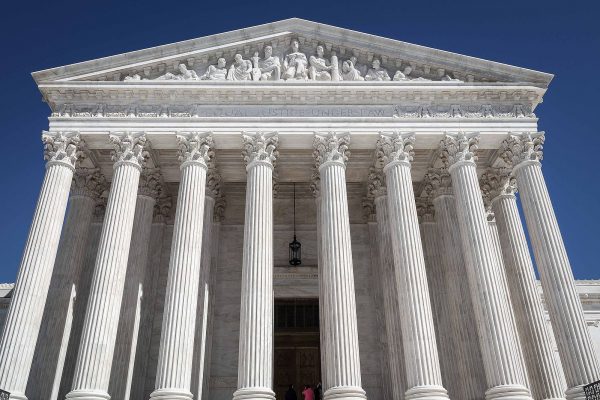

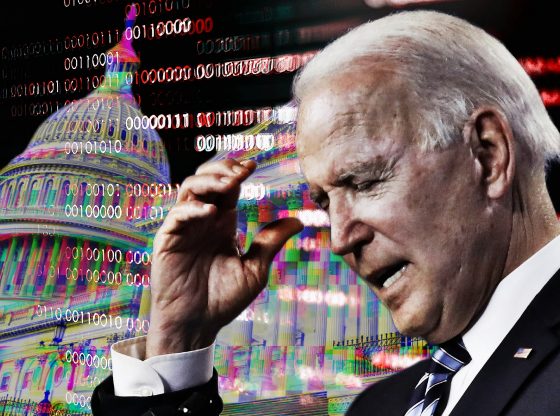
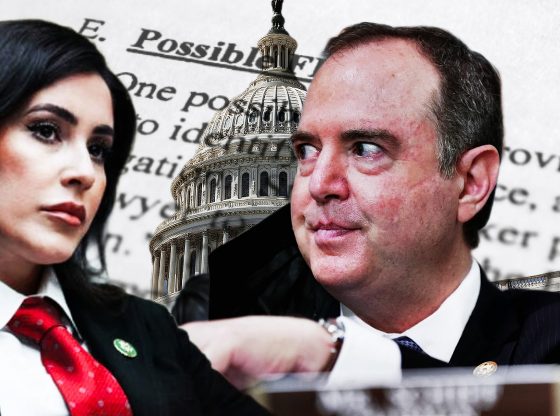

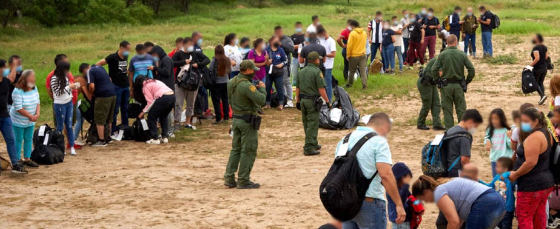
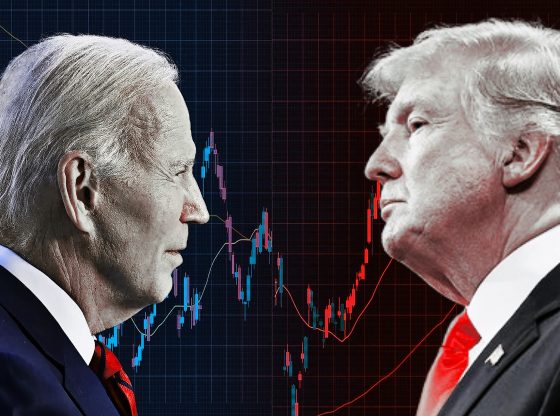


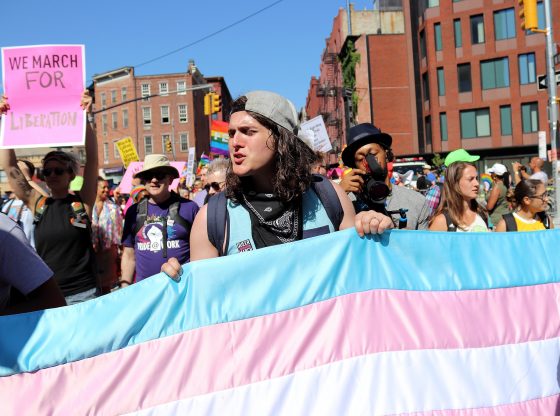




Hg
Shh
About Job
Money
Well, it seems that ONE state is trying to suppress vote fraud.
But, the Demon-crats will make up for it in their stronghold areas.
The bigger issue is the challenge to Arizona’s Ballot Harvesting law. That is straight-up fraud and the Court has a chance to end that practice for good.
Democraps will whine about this for a long long time.